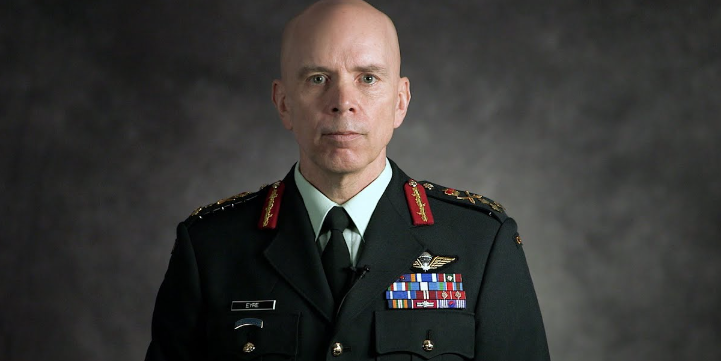By Scott Taylor
The Canadian Armed Forces are facing a manpower crisis, which threatens their operational proficiency. At present, the regular force is short some 10,000 personnel from its authorized manning level of 67,000 service members.
That amounts to a 17 per cent shortfall. This may not sound significant but according to U.S. military doctrine, any combat unit that suffers a 10 per cent casualty rate can no longer be considered effective.
The worst part of this crisis is that the Canadian military continues to face a challenge in both recruiting new members and retaining trained soldiers.
Analysts claim that the COVID-19 pandemic combined with reputational issues stemming from the series of high-level sexual misconduct cases, are to blame for the current shortfall in personnel.
In an attempt to open recruiting to a wider cross section of society, Chief of Defence Staff General Wayne Eyre recently changed the CAF’s dress code regulations.
Under the terms of the new policy, members can choose their hairstyle, sport face tattoos and select which gender of uniform clothing to which they best identify.
Last week, it was also announced that you no longer need to be a Canadian citizen to enlist in the military. Permanent residents will now be eligible to apply to join the Canadian Armed Forces.
In the past there had been provisions made to allow immigrants with Permanent Resident status to enlist, but that was reserved for professional specialists who were already serving in a foreign military.
The advantage for those permanent residents seeking to obtain full citizenship is that immigration officials will be giving priority to those who have served in the CAF.
In theory, this widening of the pool of eligible applicants should help address two of the Canadian military’s current challenges at the same time.
They are presently woefully short of personnel, and those members that are in uniform are lacking in diversity.
While I wholeheartedly applaud these policy changes, I remain pessimistic as to the outcome in the short term.
I understand that some very qualified people may have been exempted from enlisting under previous dress and deportment regulations. A youthful decision to get a face tattoo or multiple piercings may have kept a few otherwise excellent candidates out of the ranks.
However, I do not think that since General Eyre revised that policy that recruiting centres have been swarmed by an eager horde of tattooed, pierced hipsters. The military, by the very nature of the institution remains a symbol of conformity and authority.
As for attracting new immigrants through the lure of fast-tracked citizenship, I fear the same equation might apply.
Service in the military is a pretty consistent experience worldwide. The uniforms, food and pay may differ but the basics of the soldiering lifestyle are generally universal.
Immigrants coming to Canada would have had the option of serving in the military in their home country, yet they were obviously seeking something different for themselves and their families.
I personally think that a Canadian military that reflects our society as a whole will benefit the institution.
It will better connect those presently under-represented factions and that in turn will generate an increase in diversity over time. However, I do not think there are any quick fixes in the offing through these two recent initiatives.
To meet the manning shortfall during the decade long commitment to Afghanistan, the CAF had to resort to a partial mobilization of the reserves. I think that this current manpower crisis calls for a similar call to arms for Canada’s militia and reserve units.
Over time the appeal of a career in uniform may start to attract those hipsters who visibly challenge authority through their appearance. Likewise, once a critical mass of under-represented groups flesh out the ranks, others from that demographic may be encouraged to enlist. That will take time.
Meanwhile, the CAF needs to take drastic measures to reverse the present course. Tasking the reserves to select part-time service members to temporarily become full time personnel would appear to be the simplest solution.
It worked in Afghanistan, it can work again.


